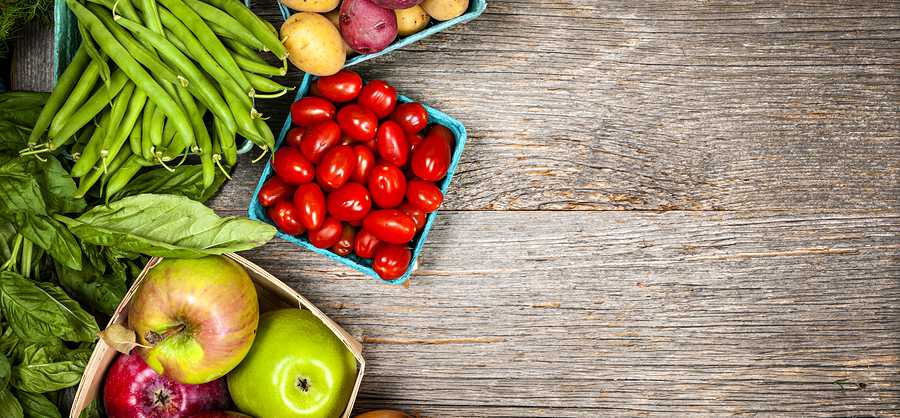It seems like new diet gimmicks enter the public consciousness every few months, and many people try them out in the hopes that one will finally be the answer to their weight loss goals. How do you know which are based in science and which are just nutrition myths?
Let's investigate five current nutrition fads and their validity.
1. Sugar-Free Diets
While we know that added sugar is bad for our health, sugar comes from many more places than just sweetened foods and beverages. Fruit, vegetables, grains, and dairy are all made up of carbohydrates that convert to sugar in the blood, just as added sugars do. Therefore, to truly follow a sugar-free diet, you'd have to exclude those healthy foods. Cutting added sugars, like candy or desserts, is a great start, but realize that many of the "sugars" in our diet come from many of the healthiest foods we consume.
2. Gluten-Free Diets
Following a gluten-free diet is necessary for those with celiac disease, an autoimmune disorder that damages the small intestine upon the consumption of gluten (the protein found in wheat, rye, and barley). For those individuals specifically, it's imperative that they do not consume gluten. But for the rest of us who don't have this genetic disorder, there isn't such a need to avoid gluten. Many gluten-containing foods contain healthy nutrients that are unique and should be consumed in moderation.
3. High-Protein Diets
Many people look to a diet low in carbohydrates and high in protein to lose weight. This is done under the belief that protein contains fewer calories than carbohydrates, but they actually have the same number of calories per gram. It's important to know that the body only absorbs the amount of protein it actually needs, and only a certain amount at one time. No single number can represent what each individual is able to maximally absorb in one sitting, but let's assume that it's one-third of your body's daily protein needs. So if you eat a meal containing more protein than your body can absorb, the protein your body doesn't need will take two paths: Unused energy is converted and stored in the body as fat or byproducts are metabolized by the kidneys.
In addition to forcing your body to store energy, excessive protein intake over a long period will burden your kidneys. Consider following a balanced diet by choosing healthier carbohydrates before turning to a diet with an altered macronutrient profile.
4. Superfoods
Are there such things as superfoods? Are they more important to consume than other foods? Superfoods are fruits and vegetables that tend to be especially high in antioxidants and micronutrients. Unfortunately, marketing teams created this term in an attempt to increase food sales. The idea behind the name is sound in terms of bringing awareness to certain fruits and vegetables, but they should be treated with the same respect as their peers.
5. Cleanses
The media has done a good job at tricking us to into thinking we need to "cleanse" our bodies with special drink concoctions, juices, and teas. The reality is that the body has its own built-in detoxifying mechanism: the liver. The liver and the kidneys exist to cleanse the body of the toxins it is exposed to, so biologically speaking, cleanses are not necessary.
Keep these facts about nutrition myths in mind, and you'll make better dietary and lifestyle choices in the future!




